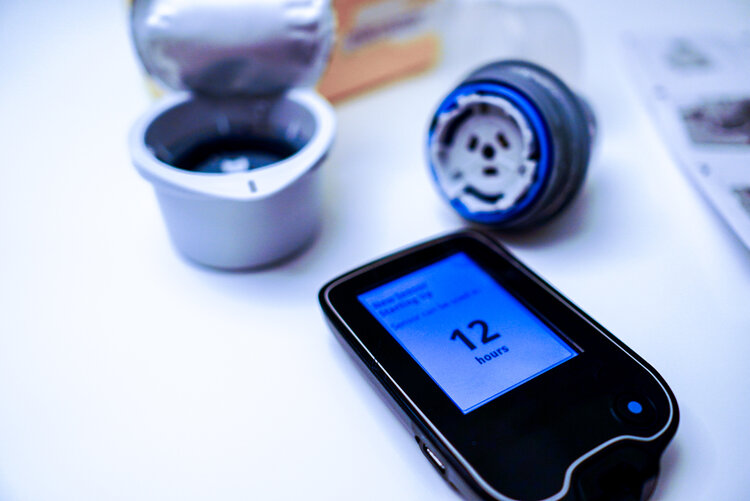A diabetes specialist stays up to date on the latest technologies for monitoring glucose levels, offering patients more precise tools to manage their condition. Traditional finger-stick methods are increasingly supplemented—or replaced—by continuous glucose monitoring (CGM) systems. These wearable devices track glucose throughout the day and night, transmitting real-time data to a smartphone or reader. This consistent feedback allows patients to better understand how their food, activity, and medications affect their blood sugar levels.
Personalizing Medication Strategies
Specialists use this information to refine insulin dosing and dietary guidance. In some cases, they may recommend integrated systems that combine a CGM with an insulin pump. These systems can adjust insulin delivery based on glucose trends, reducing manual calculations and helping patients avoid severe highs and lows.
Modern diabetes care focuses on individual needs rather than one-size-fits-all plans. A diabetes specialist may use new classes of medications that target specific pathways involved in glucose regulation. For people with type 2 diabetes, newer drug options like SGLT2 inhibitors or GLP-1 receptor agonists provide additional benefits beyond glucose control. These medications may assist with weight management and offer protection for the heart or kidneys, depending on the patient’s overall health.
With more treatment options available, specialists can adjust medication plans to match lifestyle, preferences, and other health conditions. They also monitor for side effects or changes in effectiveness, ensuring that treatment continues to align with the patient’s goals.
Enhancing Patient Education and Engagement
While innovation often begins with devices or medications, lasting success in diabetes care requires patient understanding and involvement. A diabetes specialist uses digital tools and coaching techniques to build that foundation. Some clinics now offer app-based education programs, virtual nutrition counseling, and data-sharing platforms that keep patients connected with their care team between visits.
Through structured support, patients can better understand their lab results, adjust daily routines, and anticipate challenges. These strategies foster accountability and empower individuals to take a more active role in managing their condition.
Addressing Coexisting Conditions and Risk Factors
Effective diabetes management often involves attention to related conditions. A diabetes specialist monitors for complications that can develop over time, such as nerve damage, eye disease, or kidney impairment. With the help of improved screening tools, providers may detect early signs of these complications before symptoms arise. Specialists also address cardiovascular health, since diabetes significantly increases the risk of heart disease. They incorporate strategies for blood pressure control, cholesterol management, and lifestyle adjustments into care plans. The goal is to prevent long-term issues while supporting daily quality of life.
Advancements in care delivery also shape how diabetes management is provided. Many specialists now offer virtual visits, which allow patients to receive consistent support without the burden of travel. This can be especially helpful for those with limited access to endocrinologists or certified diabetes educators. Some clinics have adopted team-based models that include pharmacists, dietitians, behavioral health specialists, and nurses who collaborate with the diabetes specialist. This approach helps address the multiple factors that influence disease control and simplifies care coordination for patients.
Speak with a Diabetes Specialist
Diabetes management is not static. As individuals age, experience life changes, or face new health concerns, treatment strategies need to evolve. A diabetes specialist provides continuity and expertise across the lifespan, adjusting care plans when necessary. This may involve revisiting insulin protocols, switching medications, or incorporating new tools to accommodate changes in vision, dexterity, or cognitive function.
By staying informed on current research and emerging therapies, specialists help patients adapt their approach to diabetes care over time. This consistent attention supports long-term outcomes and allows patients to maintain independence and stability in their daily lives.

